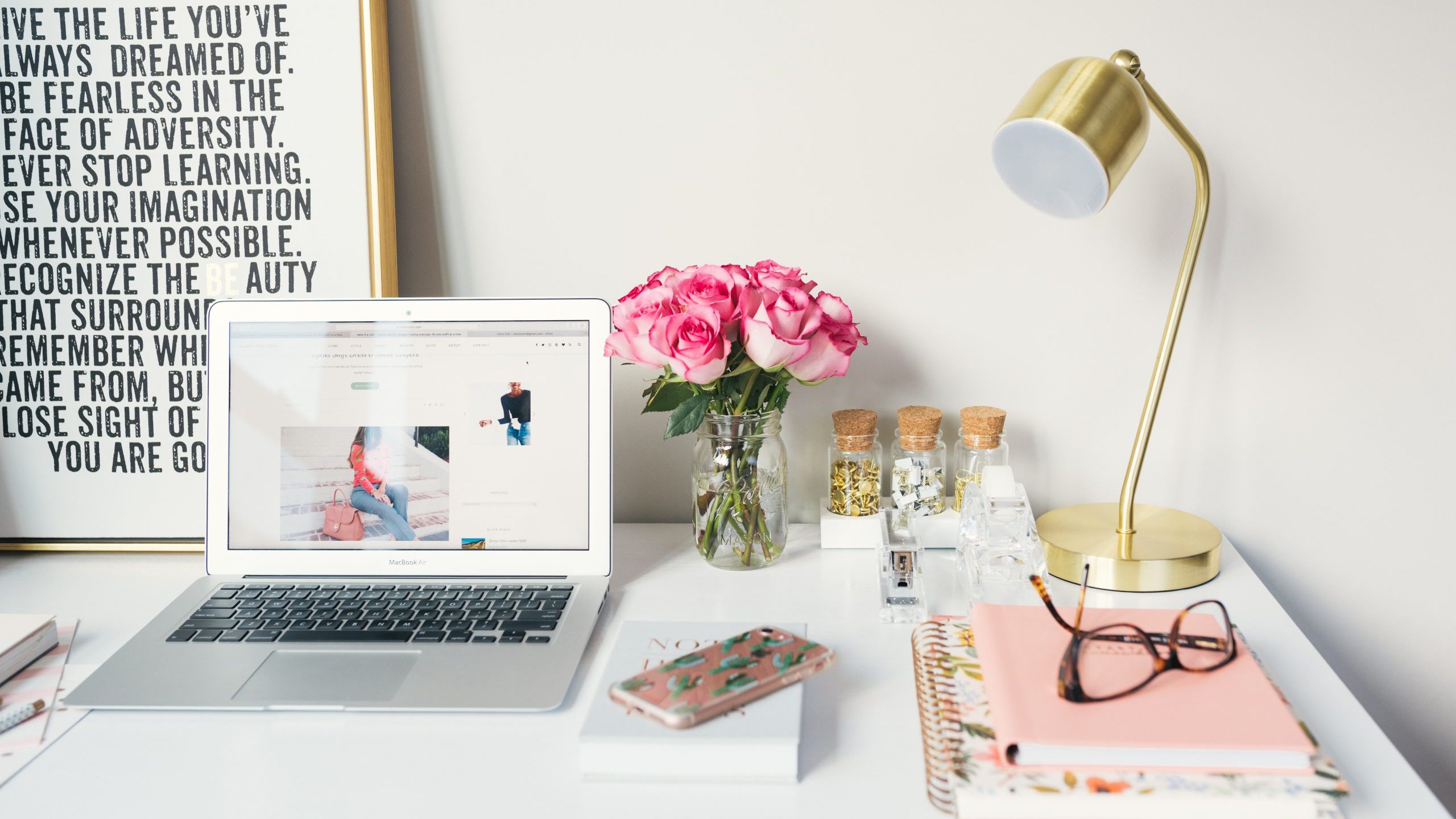

Now that we are (almost) all working from home, there is no longer a clear boundary between our workday and our private time, and we may be lacking structure in our lives.
Not only do we lack structure, we also miss connection. And our mental balance is out of kilter. And yet, with a few small changes in the way we work and live, we can make a big difference in how energetic we feel. Here are just a few examples.
It’s not straightforward working at home when your partner also has to work at home and the kids can’t go to school. Therefore, try to make clear arrangements. If possible, find a work spot where you can close the door behind you and where you can also hang a “sign” that you “do not want to be disturbed”. That way, not only will you avoid awkward situations in the middle of a Zoom call or Teams meeting, it will also bring you a lot of inner calm, knowing you can continue working without disruption and with full focus. In other words, working at the kitchen table is not such a good idea.
It has been scientifically proven that our brains can only concentrate optimally for 58 minutes, before it needs a short break. Give your brain that break and don’t see it as wasted time, but rather a gain in productivity afterwards. So go and get some air, relax, stretch or move around a bit and pause for breath before you start the next meeting or task. During your break, just leave your mobile phone at the desk so you can fully relax.
We are far too sedentary. And now that we can no longer go and see another colleague or go to the coffee corner in the office, we don’t break the habit of sitting down enough. Get up and walk around at least every hour to get the blood flowing again. Try to work standing up for at least 15 minutes once in the morning and once in the afternoon. Another thing that definitely helps to break up the sitting is to make phone calls standing up, or better still, while walking.
Mandatory working from home has made us miss our colleagues a lot, as well as pleasant informal moments. We miss the conversations in the corridors and at the coffee machine. But why not hold your next meeting walking in the woods or in the park? It’s safe and healthy.
Find out how your colleagues are doing. And then don’t ask the short, closed question “How’s things?” but show genuine interest and ask “How are you doing?“. Make conscious time for each other. If you are a manager, start the day with a “check-in” and ideally start your meetings by asking how everyone is doing. This can easily be done with the “traffic light” system, are we feeling green/orange/red today? What you don’t ask, you can’t know. And if you don’t know how your colleagues are doing, you can’t take action.
Do you want to guide your employees as effectively as possible in this new way of working? Send me a message to [email protected] or call me at 0476/401.103 and I’ll be delighted to come and offer inspiration!